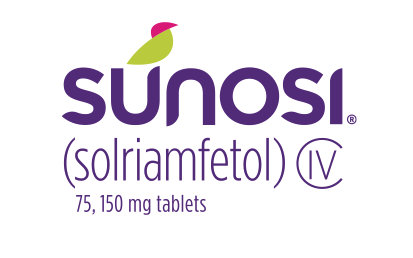Modafinil’s Role in Managing Mental Health Conditions
Modafinil, known for promoting wakefulness, has also been used off-label to manage mental health conditions. Its effects on psychiatric disorders and cognitive functions present a compelling area for further study.
Modafinil in Psychiatric Disorders
Modafinil has been explored as a potential treatment option for a range of psychiatric disorders, including ADHD, mood disorders, schizophrenia, and substance dependence. Studies sourced from PubMed and other scientific databases indicate that Modafinil, compared to placebo, shows positive but variable results on different clinical and cognitive measures. Notably, it demonstrates rapid effects, often within a week, but these tend to stabilize over time. In conditions like ADHD and depression, Modafinil has shown success in improving attention, hyperactivity, and fatigue. Its use in cocaine dependency has also been notable, particularly in reducing cocaine use.
Cognitive and Mood Enhancements
One of the key areas where Modafinil shows promise is in enhancing cognitive functions and mood in patients with mental health disorders. Clinical studies suggest that Modafinil can improve aspects such as memory, attention, planning, and executive functions. This cognitive enhancement is particularly significant in conditions where these functions are compromised, offering a potential therapeutic avenue for improving quality of life and functional outcomes in patients.
Case Studies and Clinical Trials
Various case studies and clinical trials have provided insights into Modafinil’s effectiveness in mental health care. These studies highlight its potential benefits in improving symptoms and cognitive deficits associated with mental health conditions. However, they also underscore the need for larger, more comprehensive trials to establish the safety and refine the efficacy of Modafinil in these contexts.
Safety and Side Effects
The safety profile of Modafinil in mental health treatments is a crucial consideration. While generally well-tolerated, there are concerns about potential side effects, particularly in conditions like schizophrenia, where there may be a risk of triggering positive symptoms. The decision to use Modafinil must be carefully weighed against these potential risks, and patients should be closely monitored.
Conclusion
Modafinil presents a promising but complex option in the management of mental health conditions. Its potential to enhance cognitive functions and alleviate symptoms of various psychiatric disorders is counterbalanced by the need for a deeper understanding of its long-term effects and safety profile. Ongoing research and clinical trials will be pivotal in determining the full scope of Modafinil’s role in mental health care and its integration into therapeutic strategies.








